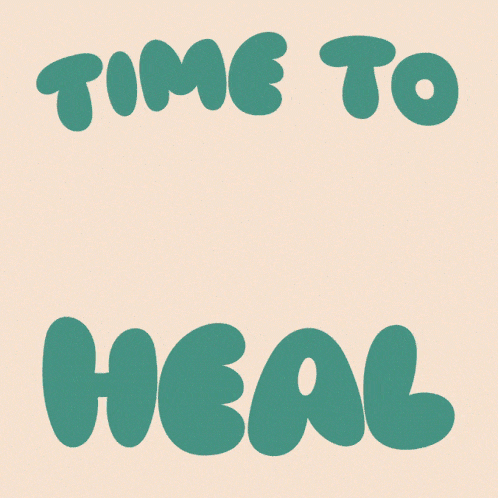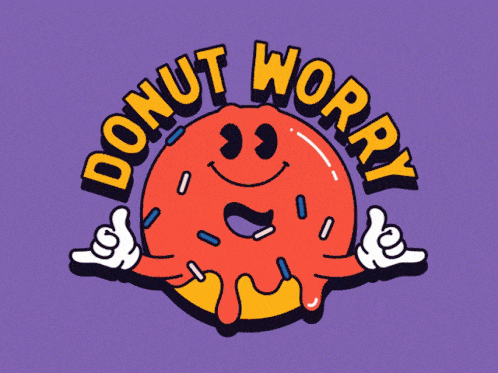



Hey everyone! Have you ever wondered if you have an anxiety disorder? Are you struggling with difficult, strong feelings? Is it difficult for you to function normally? Do even ordinary things cause you anxiety and stress? Do you worry in advance? If so, then this quiz is for you. By answering twenty questions you can see if you can suspect anxiety disorder. We encourage you to use the services of a specialist. It will make you feel better. Take care of yourself!
Anxiety disorders are a cluster of mental disorders characterized by significant and uncontrollable feelings of anxiety and fear such that a person’s social, occupational, and personal functions are significantly impaired. Anxiety may cause physical and cognitive symptoms, such as restlessness, irritability, easy fatiguability, difficulty concentrating, increased heart rate, chest pain, abdominal pain, and a variety of other symptoms that may vary based on the individual.
In casual discourse, the words anxiety and fear are often used interchangeably. In clinical usage, they have distinct meanings: anxiety is defined as an unpleasant emotional state for which the cause is either not readily identified or perceived to be uncontrollable or unavoidable, whereas fear is an emotional and physiological response to a recognized external threat. The umbrella term anxiety disorder refers to several specific disorders that include fears (phobias) or anxiety symptoms.
There are several types of anxiety disorders, including generalized anxiety disorder, specific phobia, social anxiety disorder, separation anxiety disorder, agoraphobia, panic disorder, and selective mutism. The individual disorder can be diagnosed using specific and unique symptoms, triggering events, and timing. If a person is diagnosed with an anxiety disorder, a medical professional must have evaluated the person to ensure the anxiety cannot be attributed to another medical illness or mental disorder. An individual can have more than one anxiety disorder during their life. Anxiety disorders are marked by a typical persistent course. For individuals with anxiety, numerous treatments and strategies can improve their mood, behaviors, and ability to function in daily life.
Generalized anxiety disorder is a common disorder, characterized by long-lasting anxiety which is not focused on any one object or situation. Those suffering from a generalized anxiety disorder experience non-specific persistent fear and worry, and become overly concerned with everyday matters. Generalized anxiety disorder is “characterized by chronic excessive worry accompanied by three or more of the following symptoms: restlessness, fatigue, concentration problems, irritability, muscle tension, and sleep disturbance”. Generalized anxiety disorder is the most common anxiety disorder to affect older adults. Anxiety can be a symptom of a medical or substance use disorder problem, and medical professionals must be aware of this. A diagnosis of GAD is made when a person has been excessively worried about an everyday problem for six months or more. These stresses can include family life, work, social life, or their own health. A person may find that they have problems making daily decisions and remembering commitments as a result of a lack of concentration and/or preoccupation with worry. A symptom can be a strained appearance, with increased sweating from the hands, feet, and axillae, and they may be tearful, which can suggest depression. Before a diagnosis of anxiety disorder is made, physicians must rule out drug-induced anxiety and other medical causes.
The single largest category of anxiety disorders is that of specific phobias, which includes all cases in which fear and anxiety are triggered by a specific stimulus or situation. Between 5% and 12% of the population worldwide suffer from specific phobias. According to the National Institute of Mental Health, a phobia is an intense fear of or aversion to specific objects or situations. Sufferers typically anticipate terrifying consequences from encountering the object of their fear, which can be anything from an animal to a location to a bodily fluid to a particular situation. Common phobias are flying, blood, water, highway driving, and tunnels. When people are exposed to their phobia, they may experience trembling, shortness of breath, or rapid heartbeat. People with specific phobias often go out of their way to avoid encountering their phobia. They understand that their fear is not proportional to the actual potential danger but still are overwhelmed by it.
Social anxiety disorder describes an intense fear and avoidance of negative public scrutiny, public embarrassment, humiliation, or social interaction. This fear can be specific to particular social situations (such as public speaking) or, more typically, is experienced in most (or all) social interactions. Roughly 7% of American adults have a social anxiety disorder. More than 75% of people experience their first symptoms in childhood or early teenage years. Social anxiety often manifests specific physical symptoms, including blushing, sweating, rapid heart rate, and difficulty speaking. As with all phobic disorders, those suffering from social anxiety often will attempt to avoid the source of their anxiety. In the case of social anxiety this is particularly problematic, and in severe cases can lead to complete social isolation.
Is it possible for you to have an anxiety disorder? Check it out now! Answer the twenty questions in this quiz and see what your final result is. This test is not a diagnosis. This may only indicate a problem. When you experience difficult emotions, be sure to see a specialist.